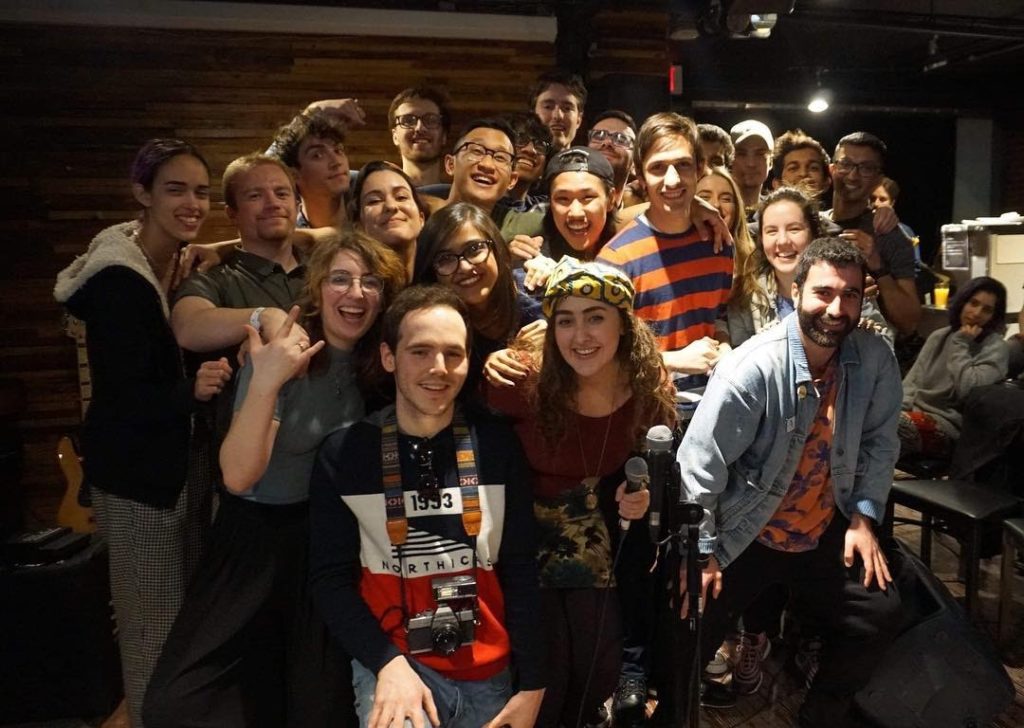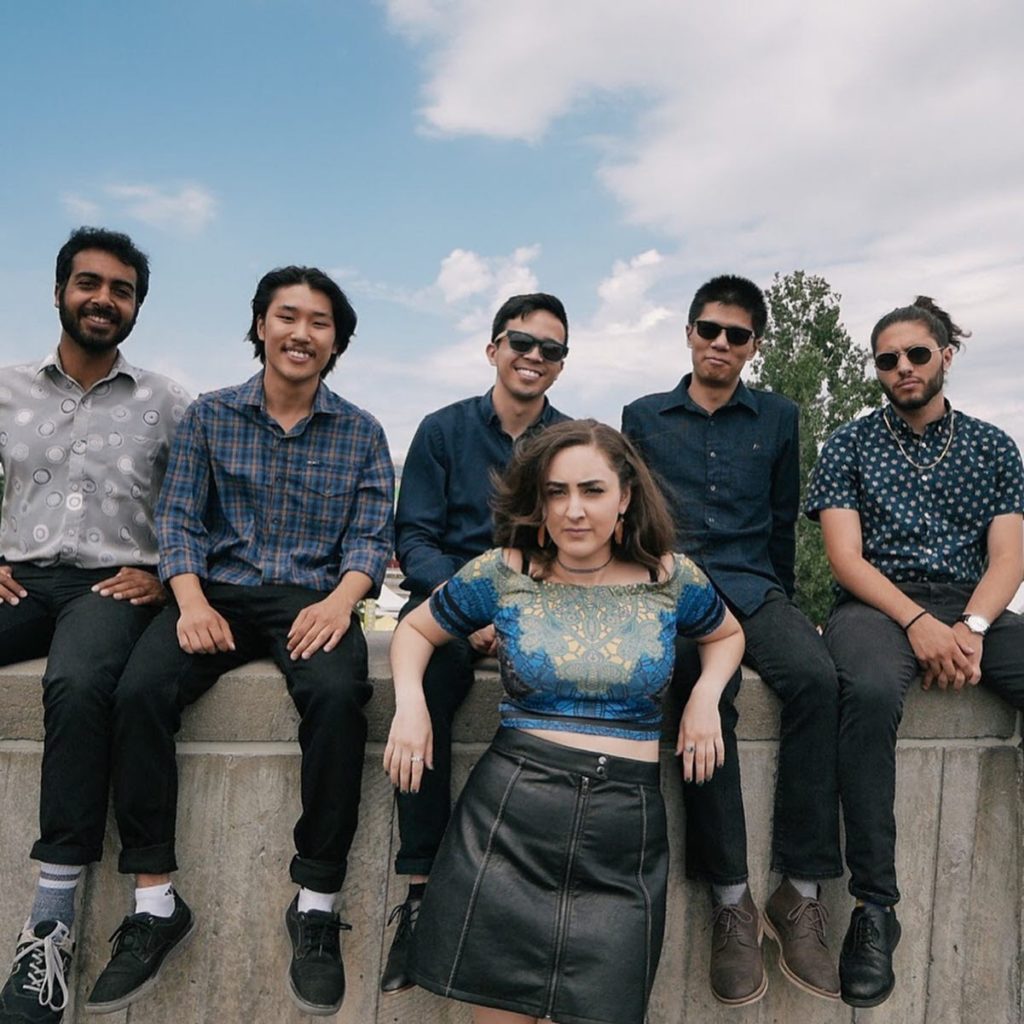Fans of live music may be experiencing adverse effects on their mental health after nearly a year shut out of concert venues

As the Ryersonian reported last month, many musicians have been out of work for nearly a year and venues everywhere are being forced to close their doors for good because of the COVID-19 pandemic.
However, another group in the music industry has been impacted severely by the abrupt disappearance of live music: the fans.
A 2018 study by O2 and behavioural science expert Patrick Fagan found that attending live music events can significantly increase emotional wellbeing and is sometimes linked to longer life expectancy.
Nicky Nivi was an executive member of Musicians@Ryerson, the university’s student music club, for three years before stepping back to focus on her thesis this year. The fifth-year medical physics student is a lifelong musician and music lover and her social life in the pre-pandemic world revolved largely around live music. As important as live music is to her, she said it doesn’t come before public health and safety.
“These challenges will come, and this is a very unique and serious one,” Nivi said. “It’s sad and inconvenient, but it’s something I’m willing to sacrifice to do my part and make my community safe.”
For Nivi, the music community was a way to meet new people with shared interests. It helped ease her transition between high school and university. When she wasn’t playing her own shows, she could be found frequently at concerts, from arena spectacles to local shows in small bars. Something that was particularly important to Nivi was the weekly open mic nights Musicians@Ryerson hosted at the Ram in the Rye.
“I was really privileged to have that at the time,” she said. “My heart goes out to those who just joined university and only have the experience of online classes.”

Live concerts are an experience that can’t be replicated by simply listening to music or watching a live streamed concert, according to Amelia Ballak, a music therapist and registered psychotherapist from Cambridge, Ont.
“These shared musical experiences create an emotional response,” said Ballak, “in addition to stimulating our brains, including the release of dopamine, which gives us the experience of pleasure.”
Ballak is a long-time musician who has studied the impacts of music on health throughout her career. She was a student at the University of Toronto and then got her Master’s at Wilfrid Laurier University. During concerts, Ballak said she listened for guitar solos and vocal lines that the performers may have changed.
“Live music includes imperfection; the performer has one chance at that solo, or one time to sing that song,” she said. “There is an element of unpredictability that you will never get from listening to a recorded song.”
With no way to replicate the full experience of live music, many fans have lost the sense of connection they get from concerts, leading to feelings of isolation and detrimental effects on mood, according to Ballak.
Valentina Gastaldo, a fourth-year media production student at Ryerson, works as a social media coordinator at the Canadian Music Therapy Fund. Gastaldo agrees with Ballak that live music has a social component, adding that going to concerts with friends is a way of making lasting memories.
“Music itself has positive impacts on the brain, as it can help release emotions that cannot necessarily be accessed with words,” she said. “Music connects people, and the moment we take out this aspect of sociability, it has a great impact on lives.”
This article may have been created with the use of AI tools such as
